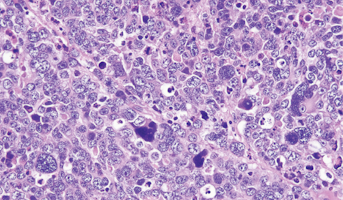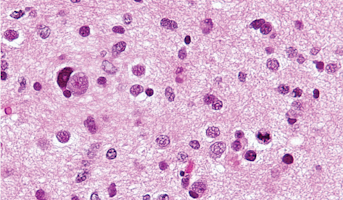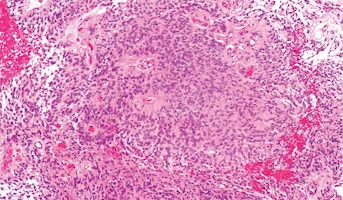Lionel M.L. Chow

About
Pediatric Hematologist, Oncologist
Dayton Children’s Hospital
Dr. Chow received his medical training and doctorate at McGill University in Montreal, Canada where his research focused on the role of tyrosine protein kinases in T-cell activation. He completed his Pediatric Residency at The Hospital for Sick Children in Toronto, Canada which was followed by a fellowship in Pediatric Hematology and Oncology. He then moved to St. Jude Children’s Research Hospital in Memphis, TN where his research concentrated on developing animal models of high-grade astrocytoma. He also completed a fellowship in Pediatric Neuro-Oncology at St. Jude. He then joined the faculty at Cincinnati Children’s Hospital Medical Center as a pediatric neuro-oncologist as well as conducting research on high-grade astrocytoma and angiosarcoma. At Dayton Children’s, Dr. Chow anchors a group of providers that delivers multidisciplinary care to the brain tumor population. He has also initiated a research program that has a focus on developing unique patient-derived xenograft models of pediatric brain tumors in order to advance novel treatments for high-grade tumors.
Expertise
Neuro-oncology

Dayton Children’s Hospital
research
Interests

Medulloblastoma
Medulloblastomas comprises the vast majority of pediatric embryonal tumors and by definition arise in the posterior fossa, where they constitute approximately 40% of all posterior fossa tumors. Other forms of embryonal tumors each make up 2% or less of all childhood brain tumors.The clinical feature

High-Grade Glioma
High-grade Gliomas (HGG) or astrocytomas in children nearly always result in a dismal prognosis. Although novel therapeutic approaches are currently in development, preclinical testing has been limited, due to a lack of pediatric-specific HGG preclinical models. These models are needed to help test

Ependymoma
Ependymomas arise from ependymal cells that line the ventricles and passageways in the brain and the center of the spinal cord. Ependymal cells produce cerebrospinal fluid (CSF). These tumors are classified as supratentorial or infratentorial. In children, most ependymomas are infratentorial tumors